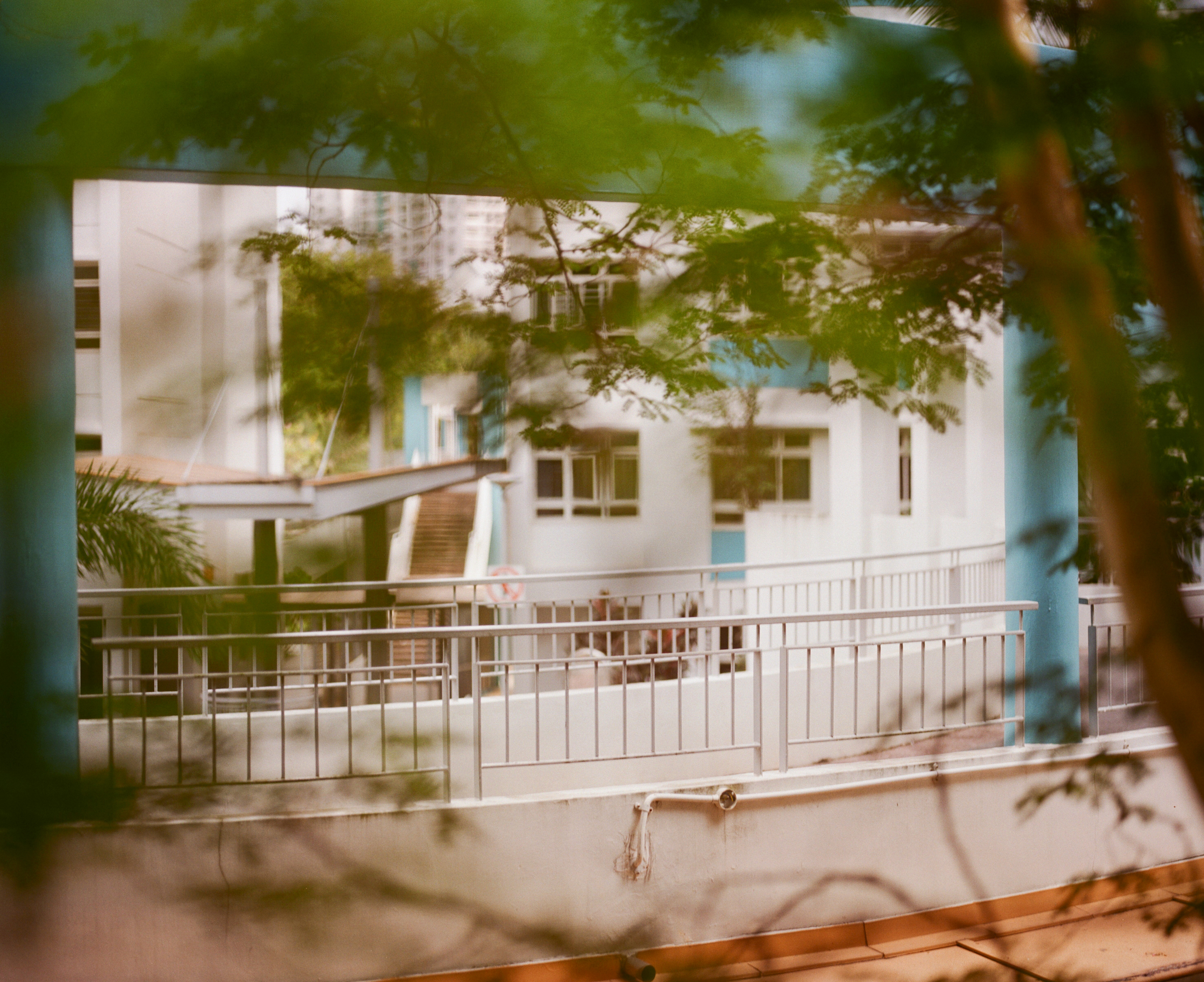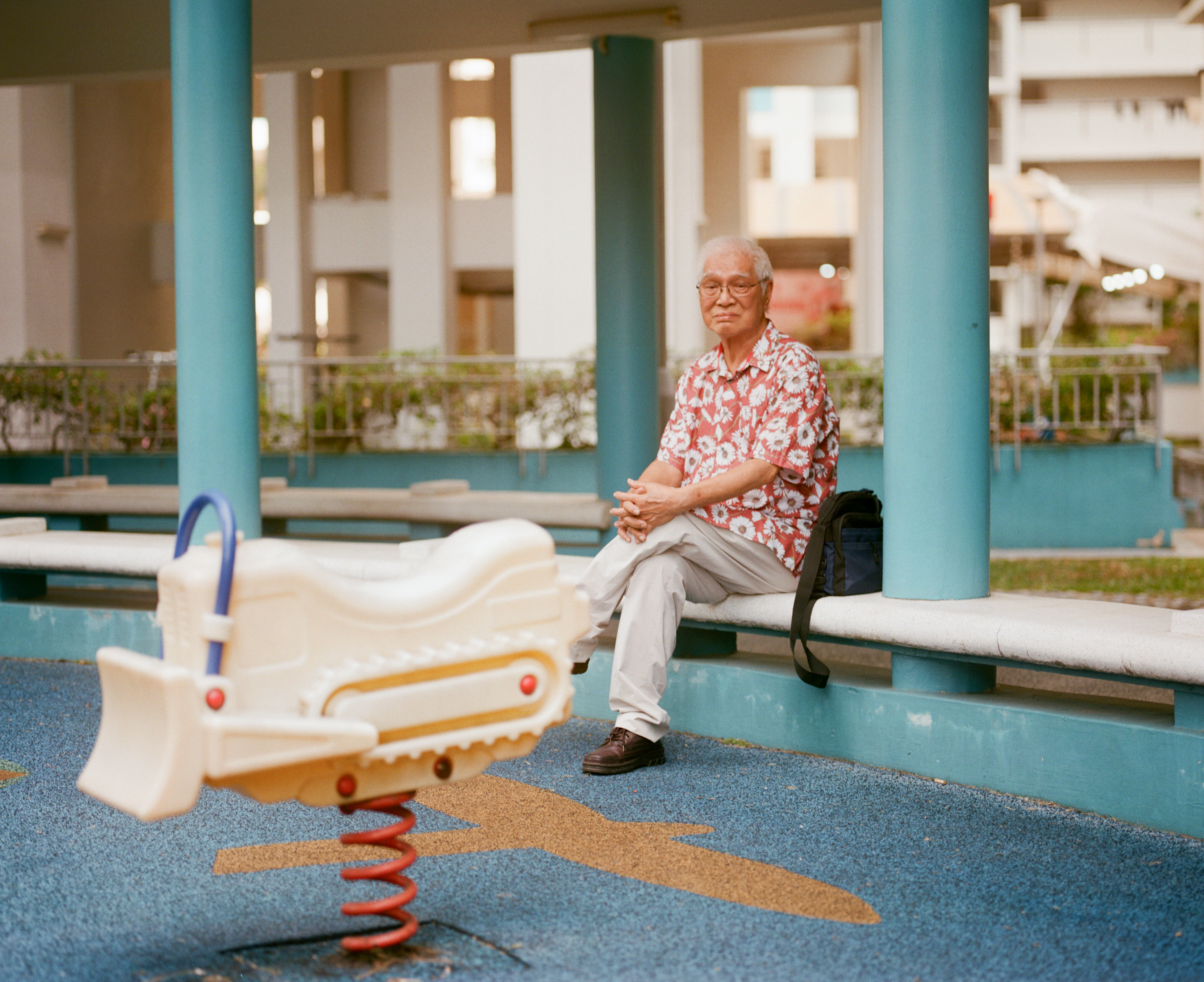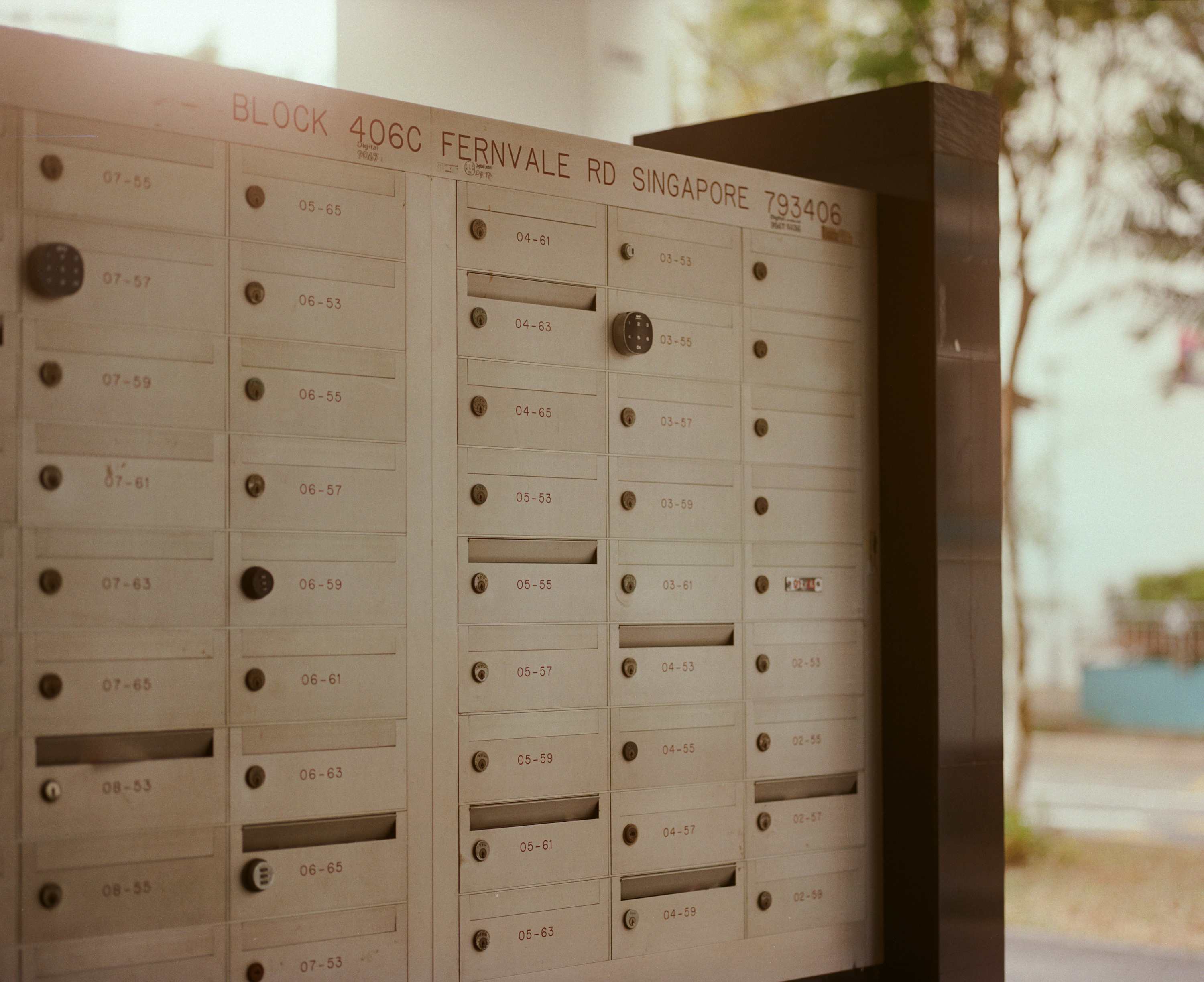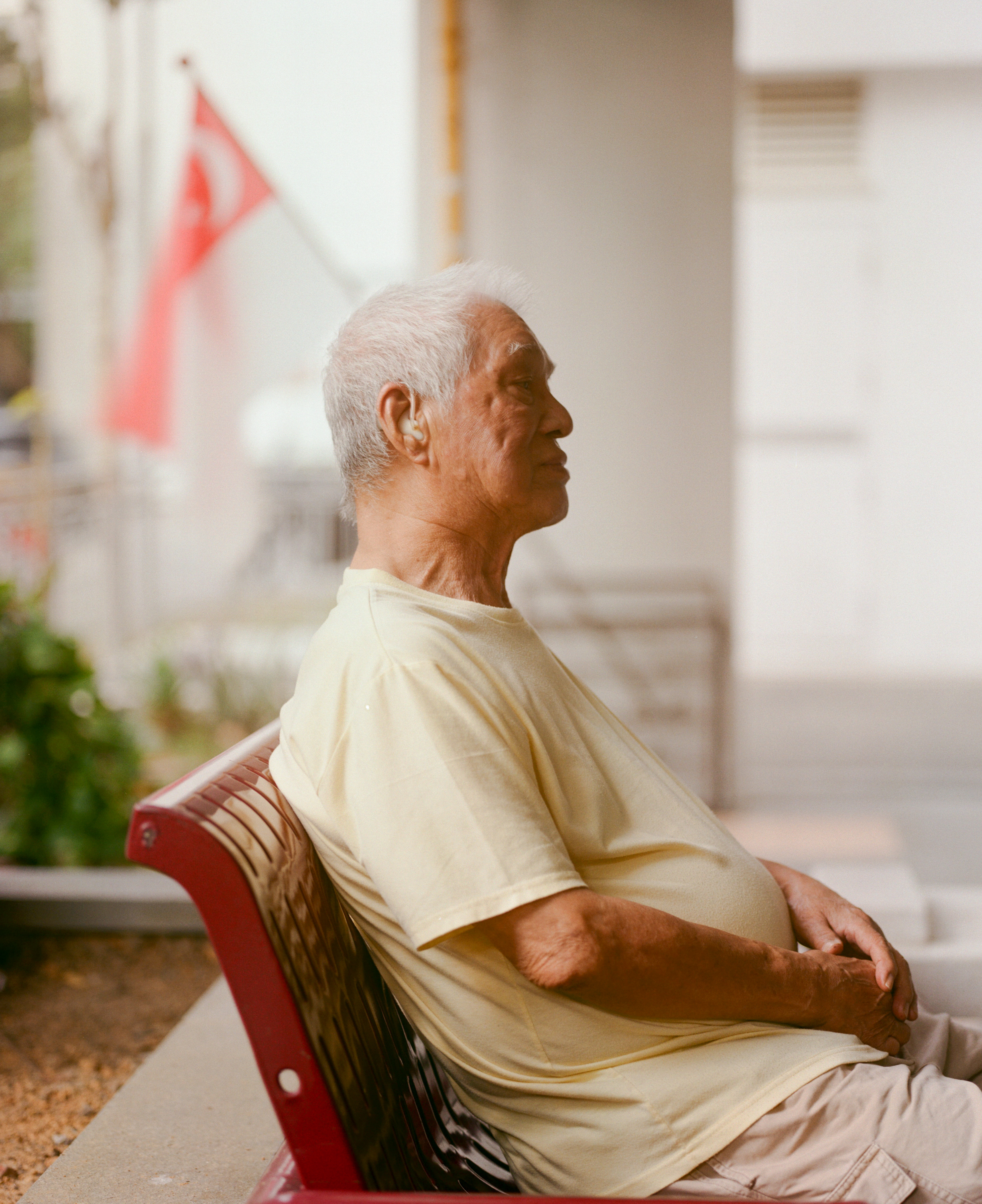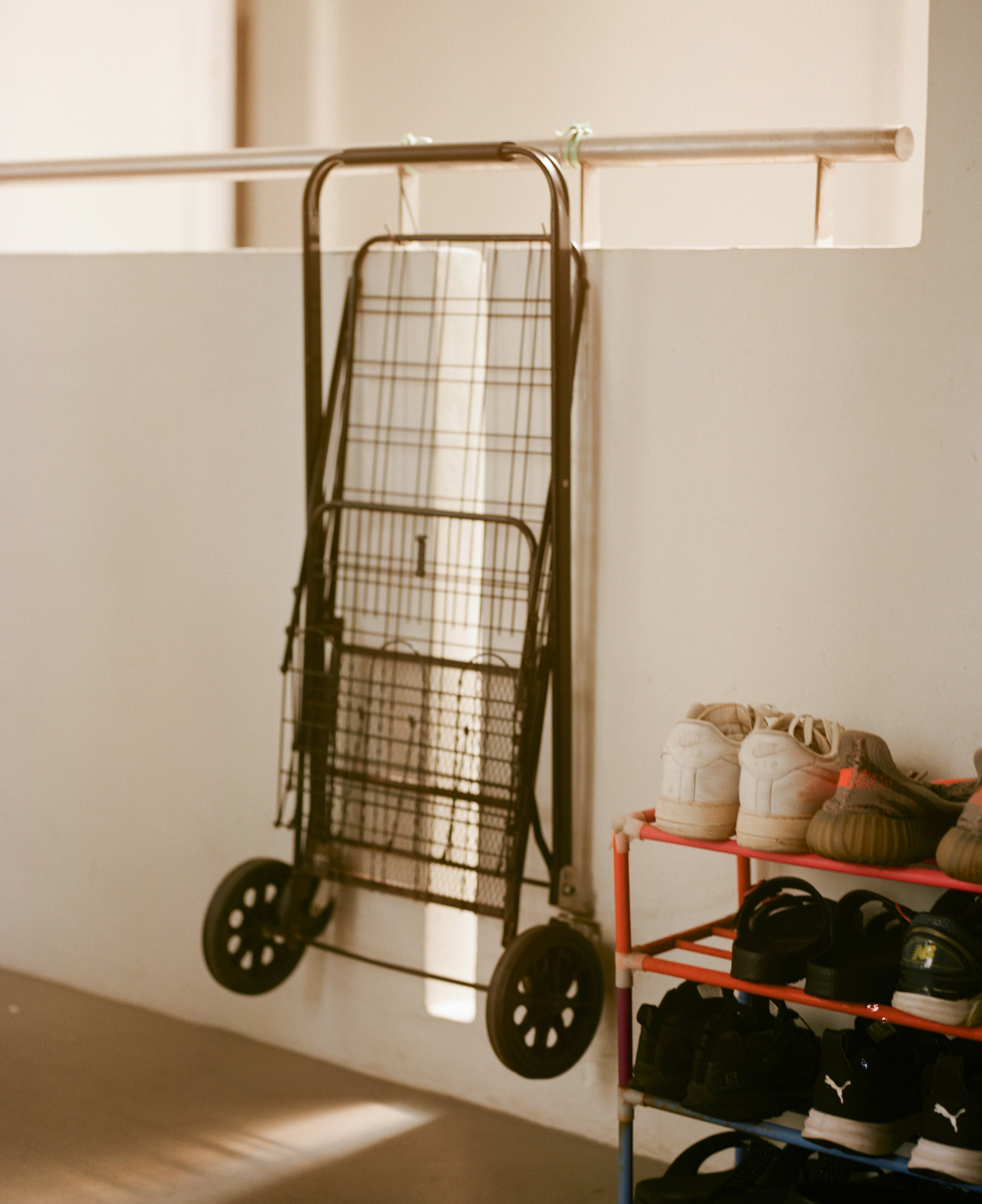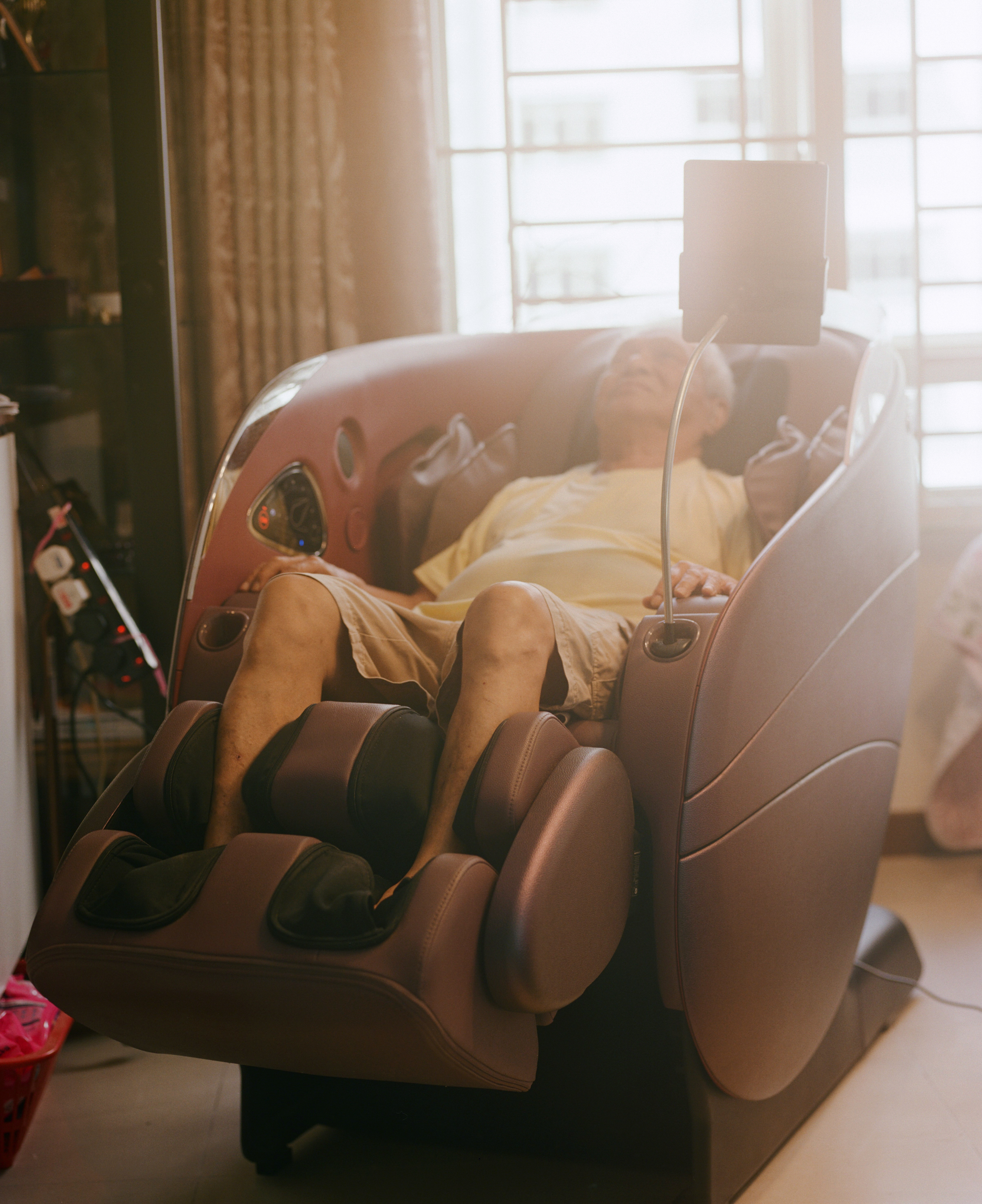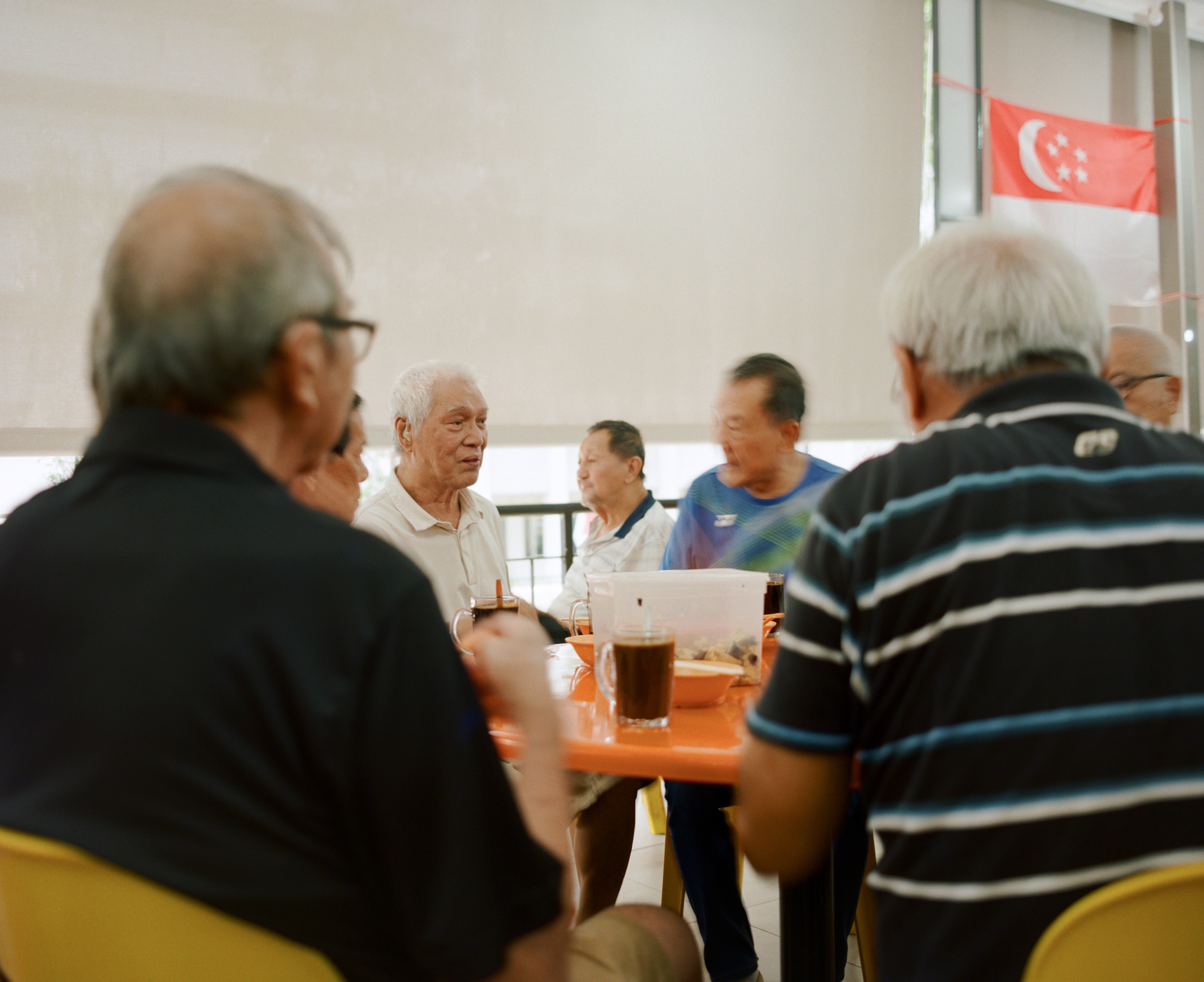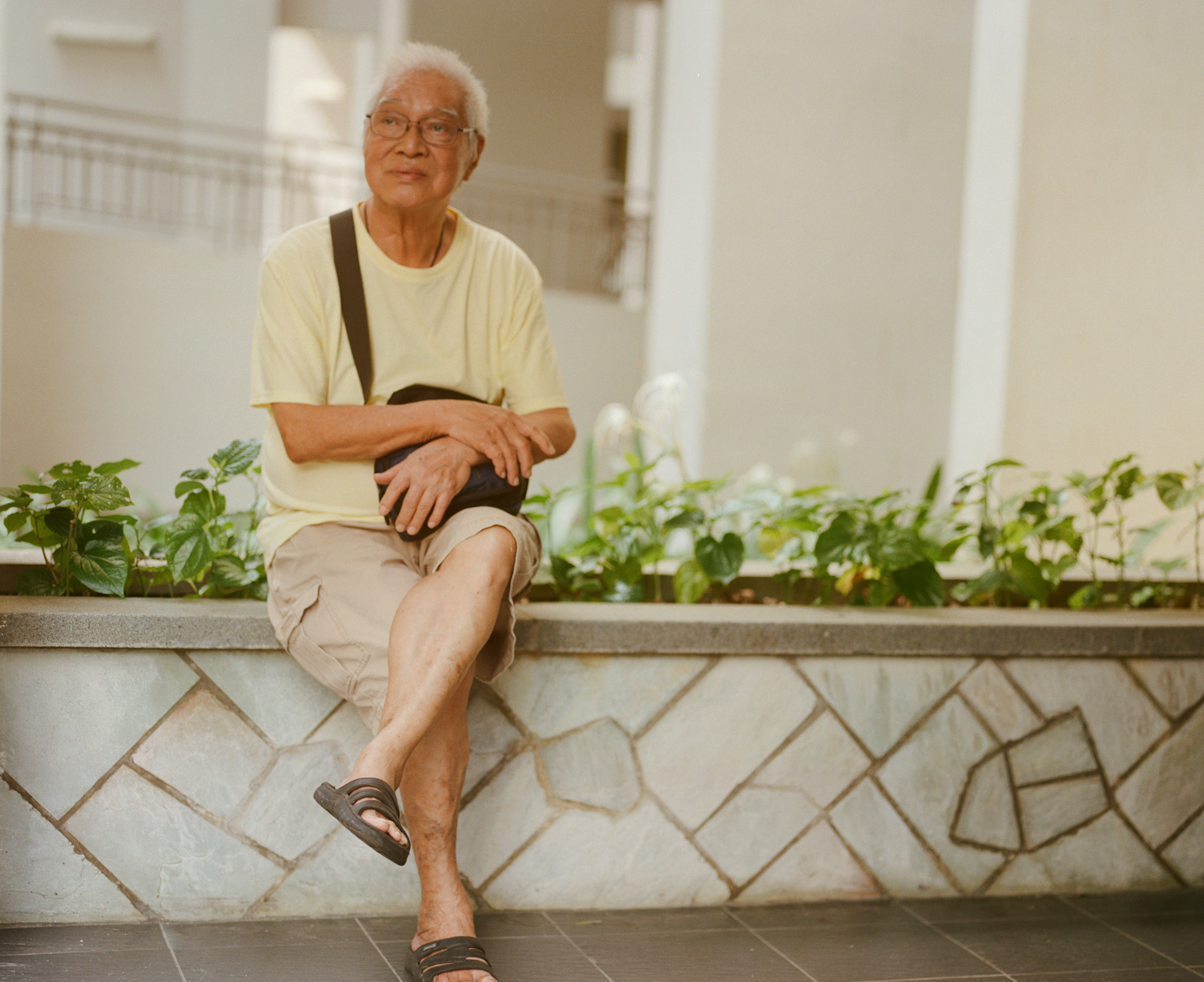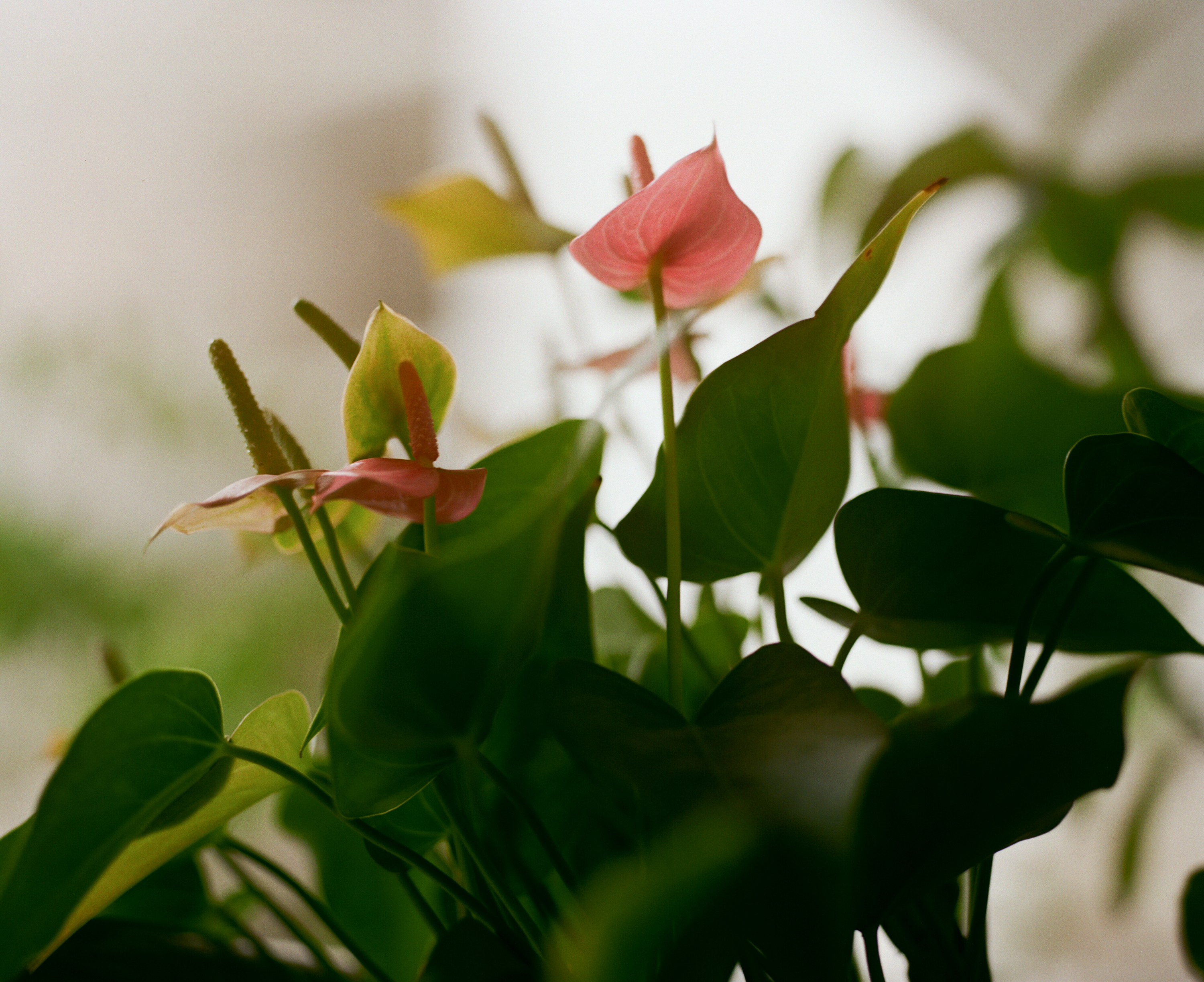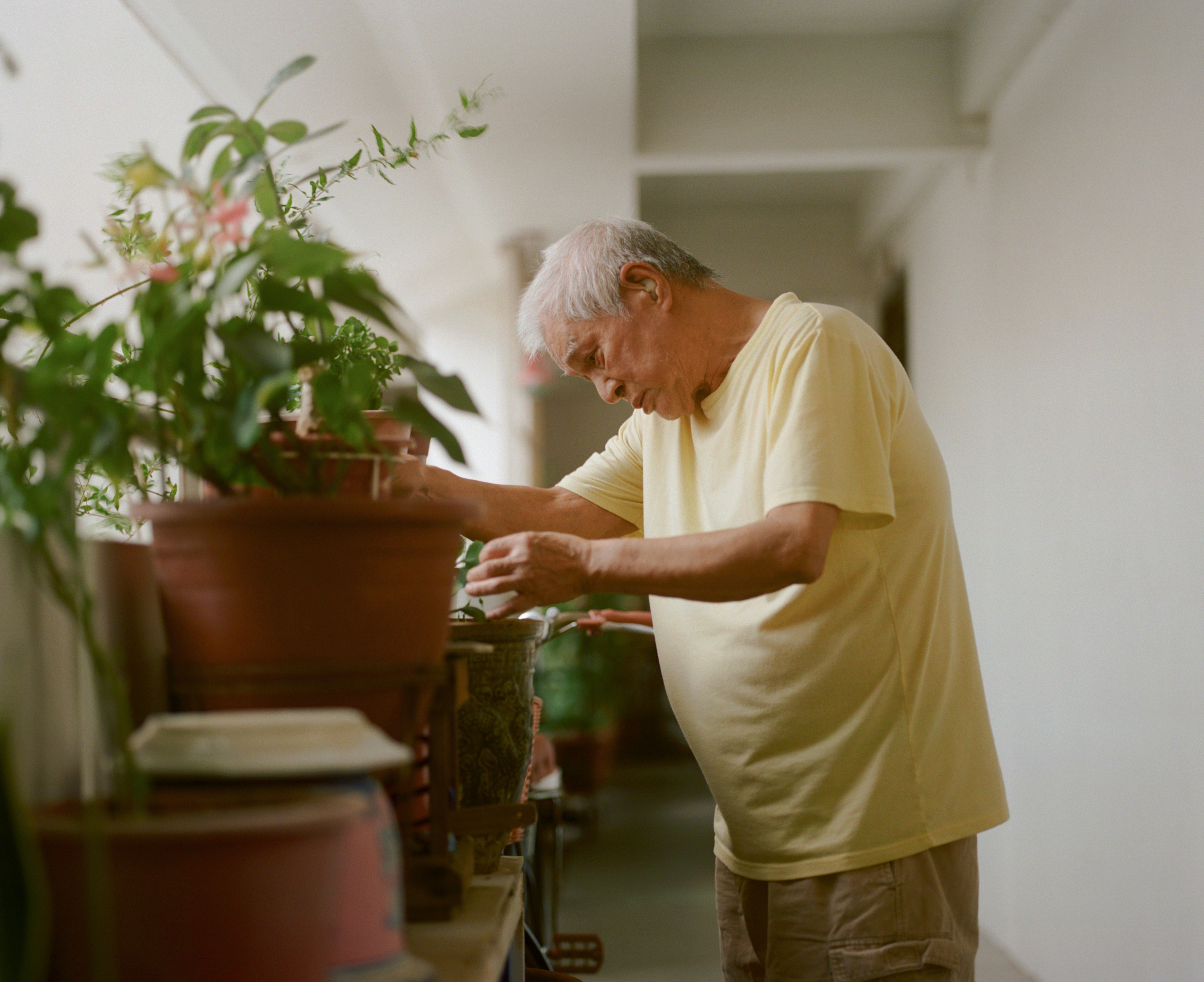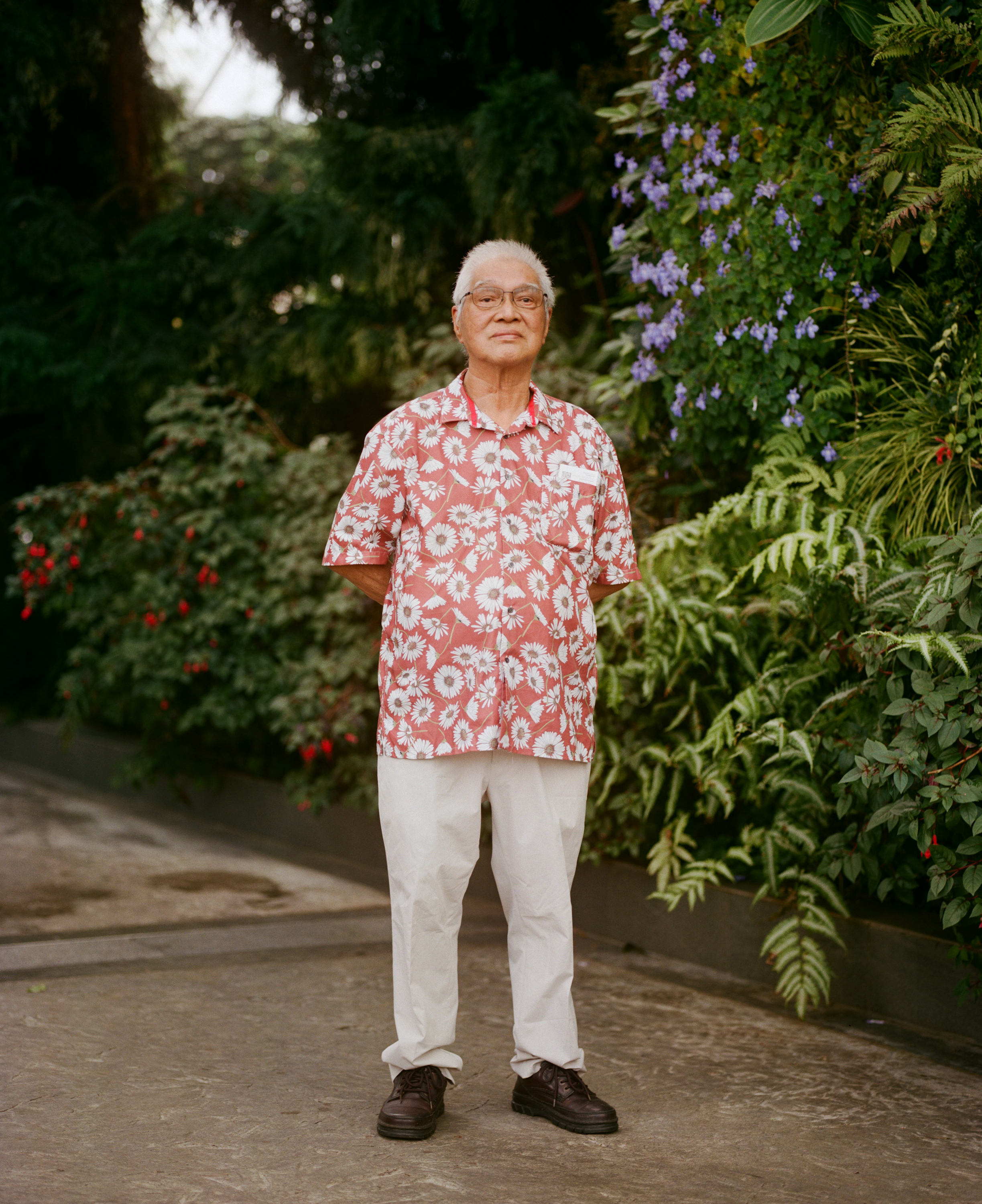My South Asian Family
2024
![]()
![]()
![]()
![]()
![]()
![]()
![]()
![]()
![]()
![]()
![]()
![]()
![]()
![]()
![]()
![]()
![]()
![]()
![]()
![]()
![]()
![]()
![]()
![]()
![]()
![]()
![]()
My South Asian Family
2024
![]()
![]()
![]()
![]()
![]()
![]()
![]()
![]()
![]()
![]()
![]()
![]()
![]()
![]()
![]()
![]()
![]()
![]()
![]()
![]()
![]()
![]()
![]()
![]()
![]()
![]()
![]()
Five years ago, during a trip to Singapore, my mother mentioned a granduncle living there. He was my grandfather's cousin and, as she described, bore a striking resemblance to my grandfather, both possessing the characteristic features of Southern Chinese men. During our conversation, my mother expressed her wish for me to meet this granduncle, whom I had never met before. I understood her sentiment—meeting him would bring her some solace after my grandfather's passing. In the years following the deaths of several family members, coupled with the uncertainty of those three challenging years, I developed a profound desire: to document more images of my family, creating a visual archive that would preserve the emotional connections that had been gradually overlooked. I also wished to learn more about the lives of my scattered relatives. So this year, I returned to Singapore, spending a week with my granduncle’s family and capturing photographs of him to enrich our family archive.
During the 1960s, amidst the wave of migration to Southeast Asia, my granduncle, around the age of ten, followed his parents from Fuzhou’s Lubinzhou (now near Luwan Road in Fuzhou’s Jinshan District) to Singapore. At that time, Singapore was still seven years away from full independence. Today, my granduncle has lived in Singapore for over sixty years, sharing a home with his wife and two sons. He and his wife have worked in the restaurant industry for more than two decades. Now, due to his age, the management of the family business has been passed down to his wife and younger son.
When I arrived, it was during Singapore’s National Day celebrations. My granduncle came to the airport to pick me up, and as we drove, the streets were adorned with national flags, while palm trees lined the roads. Upon entering his home, a familiar scent greeted me—a scent that immediately brought me back to memories of my grandfather’s house. It made me ponder: do family members somehow share genetic markers related to scent? This shared recognition, almost animalistic in nature, offered me an overwhelming sense of safety and comfort.
My granduncle lives in Yishun, a northeastern district of Singapore named after Lim Nee Soon, one of the early Chinese pioneers in Singapore. It is an industrial area that once housed British military bases and naval yards, remnants of colonial architecture still visible today. Having grown up in a coastal city, I have always felt a deep connection to the sea. Nearly every place I have lived has been near the ocean, and whenever I catch sight of the waves, I feel an immediate sense of belonging, as though I am inherently tied to my surroundings.
With my granduncle now retired, I had the opportunity to spend more time with him. Every morning at 5 a.m., he would wake up, drive his wife and younger son to the restaurant, and then return home to take me out. Quietly, I would follow him, observing and documenting his daily life. His routine was simple: after dropping off his family, he would meet old friends for tea and conversation, and later have lunch near the restaurant. Occasionally, I would accompany him to reunions with his old schoolmates. Their conversations mirrored those of elderly people back home—discussing family, health, children, and personal hobbies. Running a restaurant is laborious, with the shop closing at 9 p.m. After dinner, my granduncle would take a brief nap before returning to the restaurant to pick up his wife and son. The restaurant operates six days a week, and to unwind, both my granduncle and his wife enjoy using their massage chairs at home. In fact, they had purchased two different models to accommodate the needs of the whole family.
Though in his seventies, my granduncle’s driving style is surprisingly swift, almost daring. Each time I got into the car, I had to fasten my seatbelt and hold on tightly to the handlebar, as his speed matched the rapid pace of Singapore’s urban development. I couldn’t help but wonder if he had always been this assertive and energetic in his younger days. Furthermore, he could navigate TikTok, WeChat, and electronic payments with ease, and even engage in casual conversations in English—a testament to Singapore’s multilingual environment. During the first few days, I hardly noticed any signs of aging in him.
However, as our conversations grew more in-depth, I became aware of his declining hearing. Even with a hearing aid, he struggled to grasp the full context of our conversations. When faced with a new mobile app, he would take longer than a younger person to figure it out and sometimes grew frustrated. The elderly tire easily, and despite his fast-paced lifestyle, my granduncle would take frequent naps—sometimes on the living room sofa, sometimes in his massage chair, and occasionally while waiting in the car for his family to finish work.
One evening, as we sat in the car, my granduncle spoke softly, “We used to remember the addresses of our fathers and grandfathers. But now, both my father and grandfather are gone, and those addresses have disappeared with them. I’ve grown used to life in Singapore, having been a citizen here for sixty years. Fuzhou has changed too much. The Fuzhou of today is a foreign world to me. You’re one of the few relatives I still speak to. If you hadn’t come, we might never have met… I’m old now, and my health is failing. I can’t help at the shop anymore. I’m tired… let’s close our eyes and rest. When your aunt and cousin finish work, we’ll go home together.” The scorching heat and noise of the day had faded, and now, under the twilight, the world felt remarkably quiet. As my granduncle rested, I caught a glimpse of his face illuminated by the soft blue light of the evening—a mixture of peace and resignation.
On the night of my granduncle’s birthday celebration, I was playing Fuzhou mahjong with my aunts in the living room while my granduncle sat quietly by our side. At one point, I noticed him fall asleep on the couch. Amid the faint buzzing of his hearing aid, I wondered: could he hear us talking? Did he feel lonely, not being able to join in the conversation? Sometimes I think, what does such brief sleep mean for the elderly? Is it simply rest, or is it a gradual disconnection from the world around them? Perhaps aging is not a slow decline but a series of moments of disconnection, each one leading us further away.
*Related Text
L.Library
